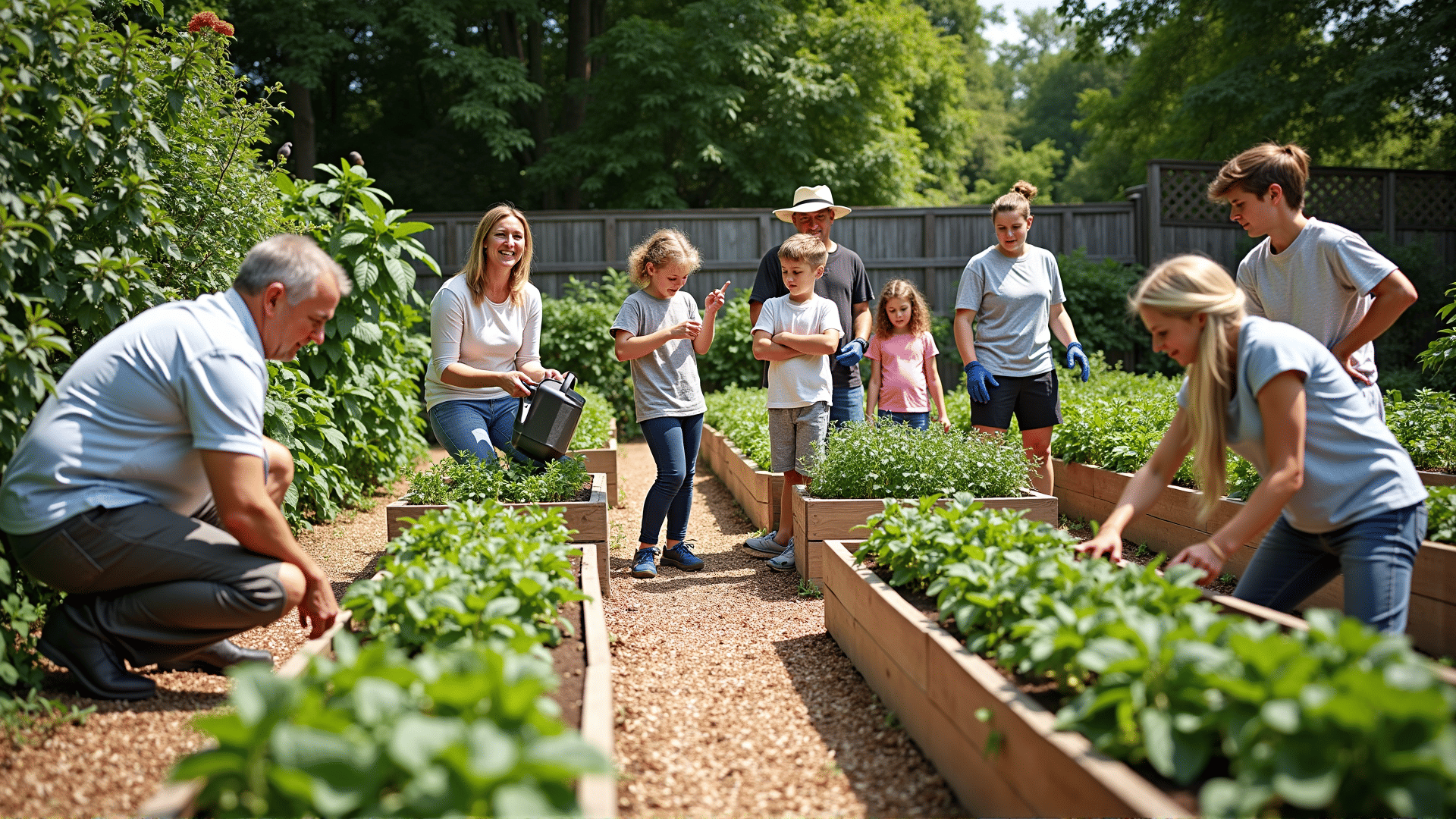As the world increasingly faces the challenges of environmental degradation and resource depletion, the significance of sustainable practices has never been clearer. In integrating sustainability into daily resource management, individuals and communities play a crucial role in preserving the environment for future generations.
In Canada, a country renowned for its diverse natural landscapes, sustainable resource management is a well-embraced concept. Canadians have adopted innovative methods to ensure the longevity of their natural resources while minimizing the ecological footprint.
One notable approach is the widespread implementation of renewable energy solutions. Canada's vast landscapes offer immense potential for the harnessing of wind, solar, and hydroelectric power. Communities have been keen on reducing reliance on non-renewable energy sources by investing in these sustainable alternatives. Many localities have established wind farms and solar panels, which not only generate clean energy but also foster job creation in green sectors.
Additionally, water conservation has become a priority across Canadian households. With freshwater resources such as the Great Lakes under increasing strain, Canadians are implementing various conservation methods. Installing low-flow fixtures, collecting rainwater for non-potable uses, and employing efficient irrigation techniques in agriculture are just a few of the practices that have gained traction. These methods are aimed at reducing water wastage and preserving this vital resource.
Waste management innovation is another area where Canadians are leading the way. With a strong emphasis on the recycling of materials and composting, communities are decreasing the volume of waste directed to landfills. Some have pioneered zero-waste programs, encouraging residents to rethink consumption patterns and reduce single-use plastics. These initiatives highlight the importance of responsible waste disposal and material reuse, which are essential to sustainable living.
Sustainable agriculture is another key area where Canadian practices shine. By embracing organic farming techniques, crop rotation, and permaculture, farmers are not only increasing soil fertility but also ensuring food security. These practices minimize the use of chemical fertilizers and pesticides, promoting healthier ecosystems and biodiversity.
The spirit of sustainable resource management in Canada is also bolstered by education and community involvement. Workshops, public seminars, and educational programs are frequently organized to raise awareness and empower citizens to take part in sustainable practices. Community gardens, clean-up events, and sustainability awards are initiatives that foster a collective sense of responsibility toward the environment.
Through these innovative methods, Canadians are setting an example of how nations can integrate sustainability into everyday life. The commitment to safeguarding natural resources and promoting eco-friendly practices is central to nurturing a healthier planet, ensuring that future generations inherit a world where nature and humanity coexist harmoniously.
